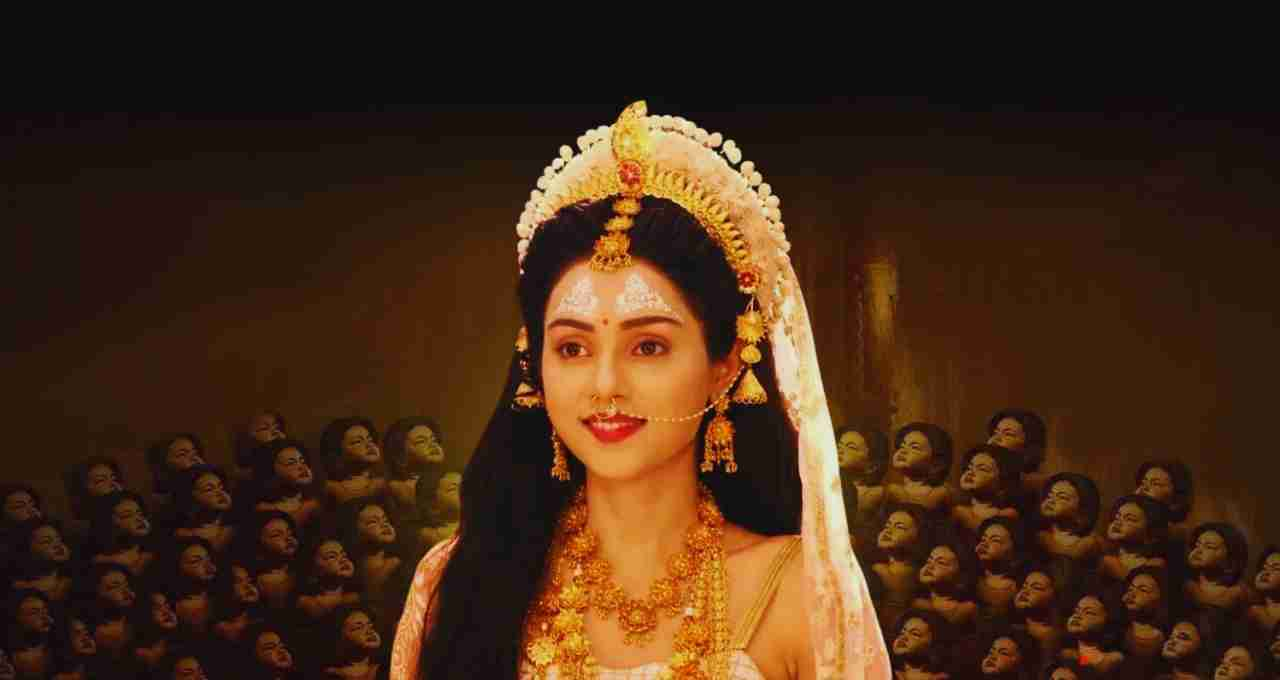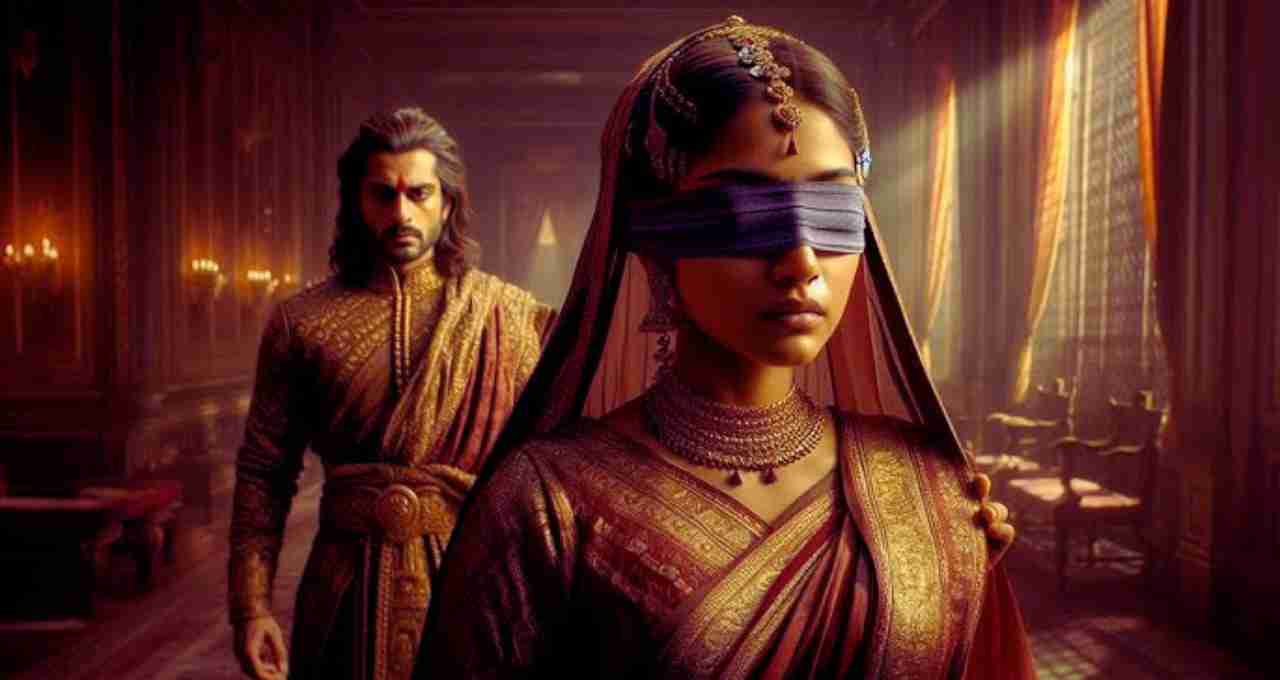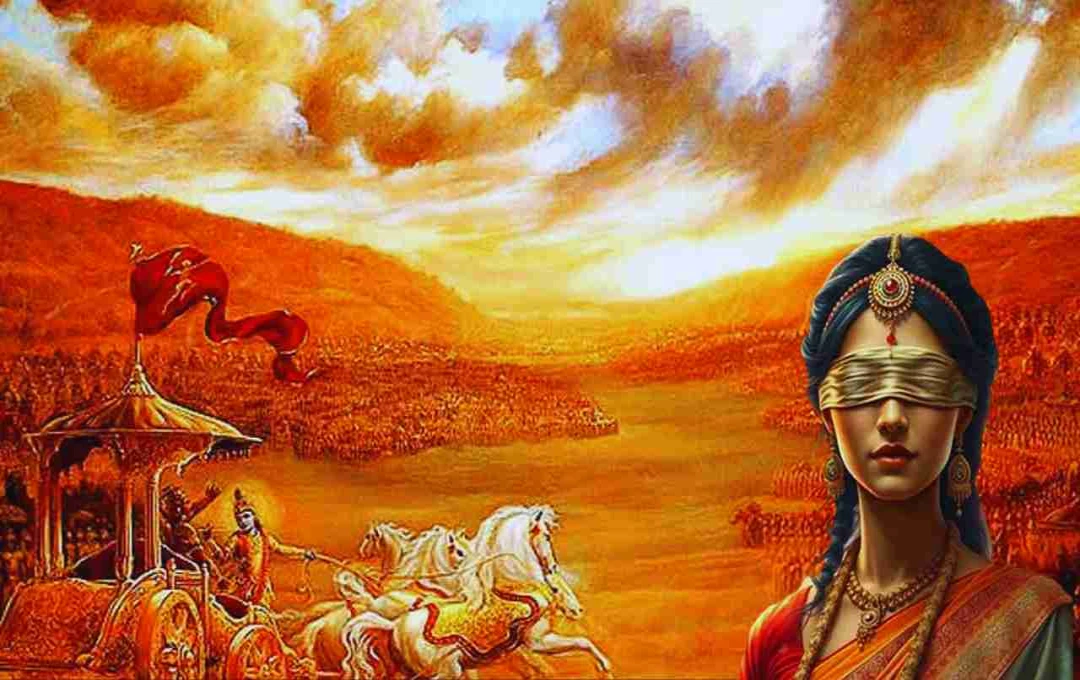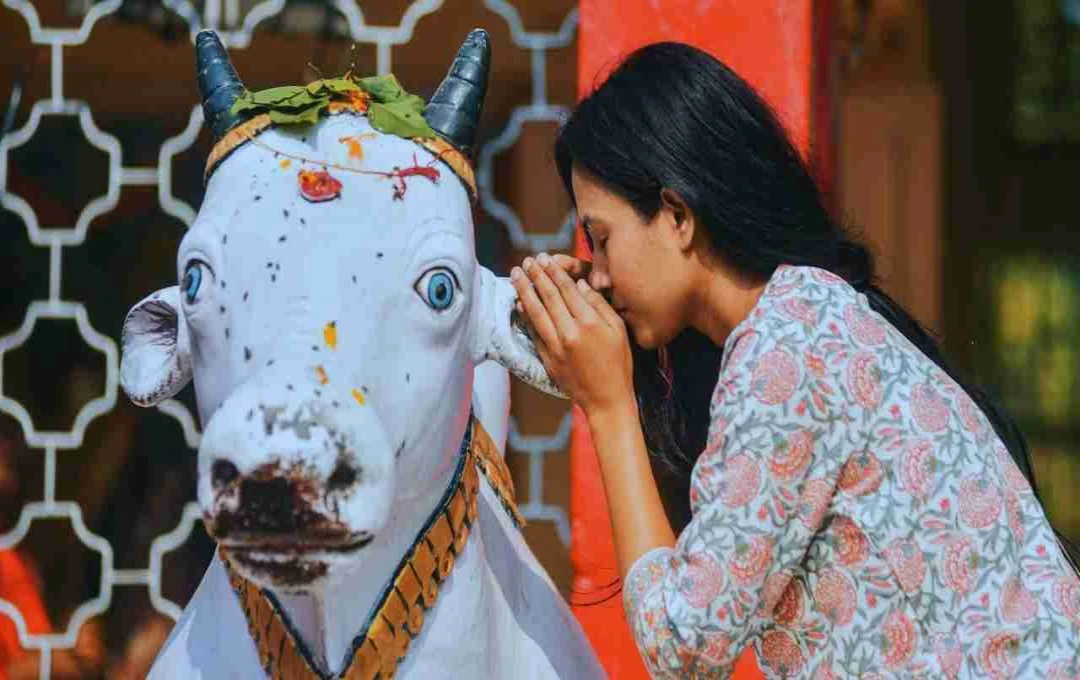The Mahabharata, a renowned epic, features a little-known detail about Gandhari: she opened her blindfold twice. Popular narratives often mention only one instance, claiming she removed it to witness her son Duryodhana's victory in battle. However, the event actually occurred twice. Let's delve deeper into this narrative and understand the reasons behind it.
Who was Gandhari?
Gandhari was a pivotal character in the Mahabharata. She was the wife of Dhritarashtra and mother of Duryodhana. Born to the King of Kashi, she bound her own eyes to share her husband's blindness. A devout follower of Lord Shiva, she possessed a divine boon, using her divine sight to make Duryodhana's body as hard as vajra (adamant). Her story epitomizes sacrifice, devotion, and maternal love.
How many sons did Gandhari have?
Gandhari had 100 sons, the most prominent being Duryodhana. Duryodhana was a key character in the Mahabharata and the leader of the Kauravas. Other notable sons included Dushasana, Vikarna, and many other Kauravas. While each of these 100 sons held significance, Duryodhana's name became most infamous as the primary instigator of the Kurukshetra War and its conflict with the Pandavas. All of Gandhari's sons participated in the war, with most perishing in the battle. Gandhari's maternal affection and profound love for her sons hold a significant place in the Mahabharata narrative.
Why did Gandhari blindfold herself?

Gandhari bound her eyes as a profound demonstration of love and devotion to her husband, Dhritarashtra. Learning of his congenital blindness caused her immense sorrow. She resolved that if her husband could not see the world, neither would she. She upheld this vow throughout her life.
This dedication transcended mere spousal affection; it represented unwavering faith and support. Gandhari's action symbolized her desire to empathize with her husband's condition, experiencing life from his perspective. This decision cemented her reputation as an ideal wife and woman. Her devotion teaches us the power of love and selflessness, inspiring us to face adversity alongside our loved ones.
When did Gandhari first remove her blindfold?
During the Kurukshetra War, when Duryodhana sought his mother's assistance, Gandhari utilized her divine sight. A boon from Lord Shiva granted her the ability to make anyone's body as hard as vajra (adamant). Duryodhana, desiring victory, requested this blessing to fortify his body, making him invincible.
Gandhari used her divine sight to harden Duryodhana's body like vajra. Simultaneously, she removed her blindfold. However, Krishna's cunning ensured the hardening only extended to his hips, leaving him vulnerable. Consequently, Duryodhana suffered defeat and met his end on the battlefield. This marked the first instance of Gandhari removing her blindfold, significantly influencing the war's trajectory.
When did Gandhari remove her blindfold for the second time?

After the Kurukshetra War, upon receiving the tragic news of Duryodhana's death, Gandhari was overcome with grief. A mother's pain at the loss of a son was profoundly devastating. Driven by a mother's longing, she went to the battlefield. There, she removed her blindfold for a second time to see her son one last time.
This act epitomized a mother's love, compelling her to take this drastic step. This deeply emotional moment became a significant event in the Mahabharata. Gandhari's action not only highlighted maternal love but also represented her loyalty, devotion, and faith. While she shunned the world behind her blindfold, her love for her son prompted her to break her vow.
The significance of Gandhari's devotion
Gandhari's devotion and sentiments teach us the possibility of complete selflessness. This dedication extended beyond Dhritarashtra; it encompassed her son, Duryodhana. She vowed to share her husband's blindness, yet used her divine sight for her children. Her faith and reverence for God were profound, but her maternal instincts overrode her vows.
Gandhari's narrative also underscores the importance of balance in life. Sometimes, controlling emotions and exercising wisdom is necessary. Gandhari used her divine sight for her son, but it led to his ultimate demise. This highlights the crucial importance of using any power judiciously. A harmonious balance between devotion and pragmatism fosters success and peace in life.
Gandhari's role in the Mahabharata

Gandhari's role in the Mahabharata was paramount. As Dhritarashtra's wife and Duryodhana's mother, she vowed to share her husband's blindness, choosing not to see the world. This sacrifice symbolized her profound love and loyalty to her family.
Gandhari's role extended beyond that of wife and mother; she was a powerful woman who dedicated her life to her family. To fulfill Duryodhana's ambition for victory, she used her divinely bestowed sight. While this ultimately proved detrimental to Duryodhana, her action reflected her love and faith. Gandhari's role in the Mahabharata encompasses not only maternal strength but also a mother's sorrows and struggles.







